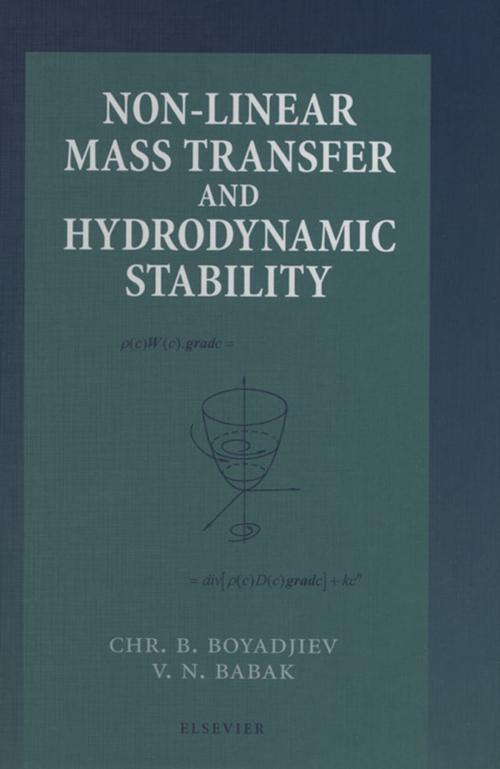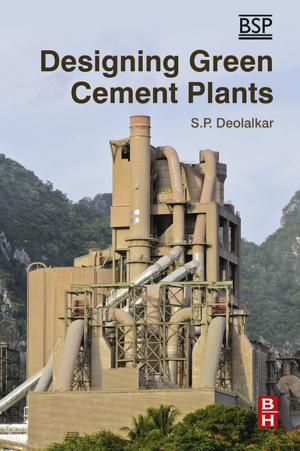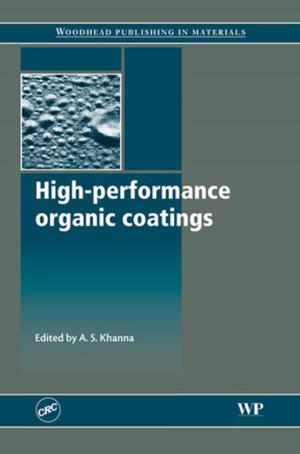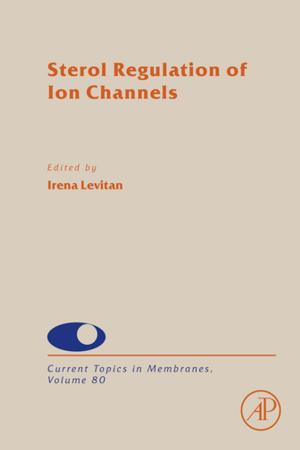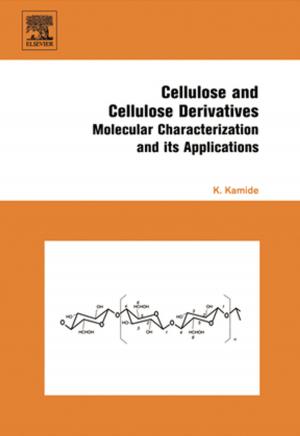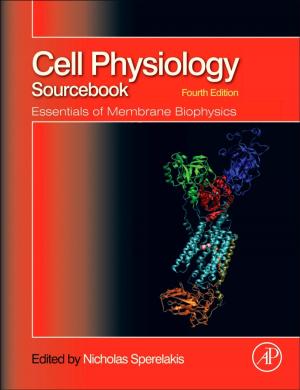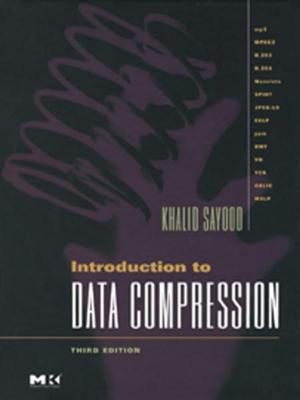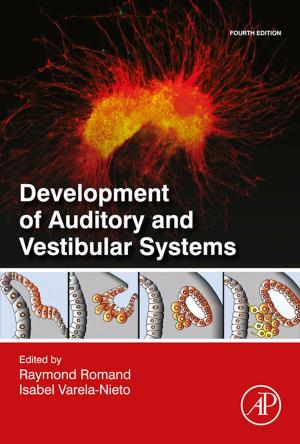Non-Linear Mass Transfer and Hydrodynamic Stability
Nonfiction, Science & Nature, Science, Chemistry, Physical & Theoretical| Author: | ISBN: | 9780080537702 | |
| Publisher: | Elsevier Science | Publication: | August 16, 2000 |
| Imprint: | Elsevier Science | Language: | English |
| Author: | |
| ISBN: | 9780080537702 |
| Publisher: | Elsevier Science |
| Publication: | August 16, 2000 |
| Imprint: | Elsevier Science |
| Language: | English |
Surveyed in this book are the kinetics of non-linear mass transfer and its effects on hydrodynamic stability in systems with intensive interphase mass transfer, in electrochemical systems with high current density and in chemically reacting systems.
In Part 1 the non-linear mass transfer as a result of an intensive interphase mass transfer in the gas (liquid)-solid surface, gas-liquid and liquid-liquid systems is considered in the duffusion boundary layer approximation as well as in flat channel taking the longitudinal diffusion into account. The influence of the direction of the intensive interphase mass transfer on heat transfer and multi-component mass transfer is illustrated.
Part 2 discusses non-linear mass transfer in electrochemical systems with high current density using the examples of the anode dissolving of metals in the electrolyte flow and the electro-separation of metals out of concentrated solutions. The theory of the measured electrochemical treatment of metals and alloys, which is a method of wide practical use, has been elaborated on this basis.
In Part 3 the non-linear mass transfer in chemically reacting systems is considered in the cases of: non-linearity of the equations of the chemical reaction's kinetics and intensive interphase mass transfer or thermo-capillary effect due to chemical reactions. On this basis, the mechanisms and the macro-kinetics of the chemical transformations in the gas-liquid systems are discussed.
Part 4 is dedicated to the chemical reaction kinetics in stationary two phase systems at an arbitrary contact time between phases.
In Part 5 the effects of concentration gradients are considered in the approximations of the linear theory of the hydrodynamic stability of almost parallel flows.
In systems with intensive interphase mass transfer, the Marangoni effect could also be observed, beside the effect of non-linear mass transfer. A comparative analysis of both effects is made in this book.
Surveyed in this book are the kinetics of non-linear mass transfer and its effects on hydrodynamic stability in systems with intensive interphase mass transfer, in electrochemical systems with high current density and in chemically reacting systems.
In Part 1 the non-linear mass transfer as a result of an intensive interphase mass transfer in the gas (liquid)-solid surface, gas-liquid and liquid-liquid systems is considered in the duffusion boundary layer approximation as well as in flat channel taking the longitudinal diffusion into account. The influence of the direction of the intensive interphase mass transfer on heat transfer and multi-component mass transfer is illustrated.
Part 2 discusses non-linear mass transfer in electrochemical systems with high current density using the examples of the anode dissolving of metals in the electrolyte flow and the electro-separation of metals out of concentrated solutions. The theory of the measured electrochemical treatment of metals and alloys, which is a method of wide practical use, has been elaborated on this basis.
In Part 3 the non-linear mass transfer in chemically reacting systems is considered in the cases of: non-linearity of the equations of the chemical reaction's kinetics and intensive interphase mass transfer or thermo-capillary effect due to chemical reactions. On this basis, the mechanisms and the macro-kinetics of the chemical transformations in the gas-liquid systems are discussed.
Part 4 is dedicated to the chemical reaction kinetics in stationary two phase systems at an arbitrary contact time between phases.
In Part 5 the effects of concentration gradients are considered in the approximations of the linear theory of the hydrodynamic stability of almost parallel flows.
In systems with intensive interphase mass transfer, the Marangoni effect could also be observed, beside the effect of non-linear mass transfer. A comparative analysis of both effects is made in this book.
